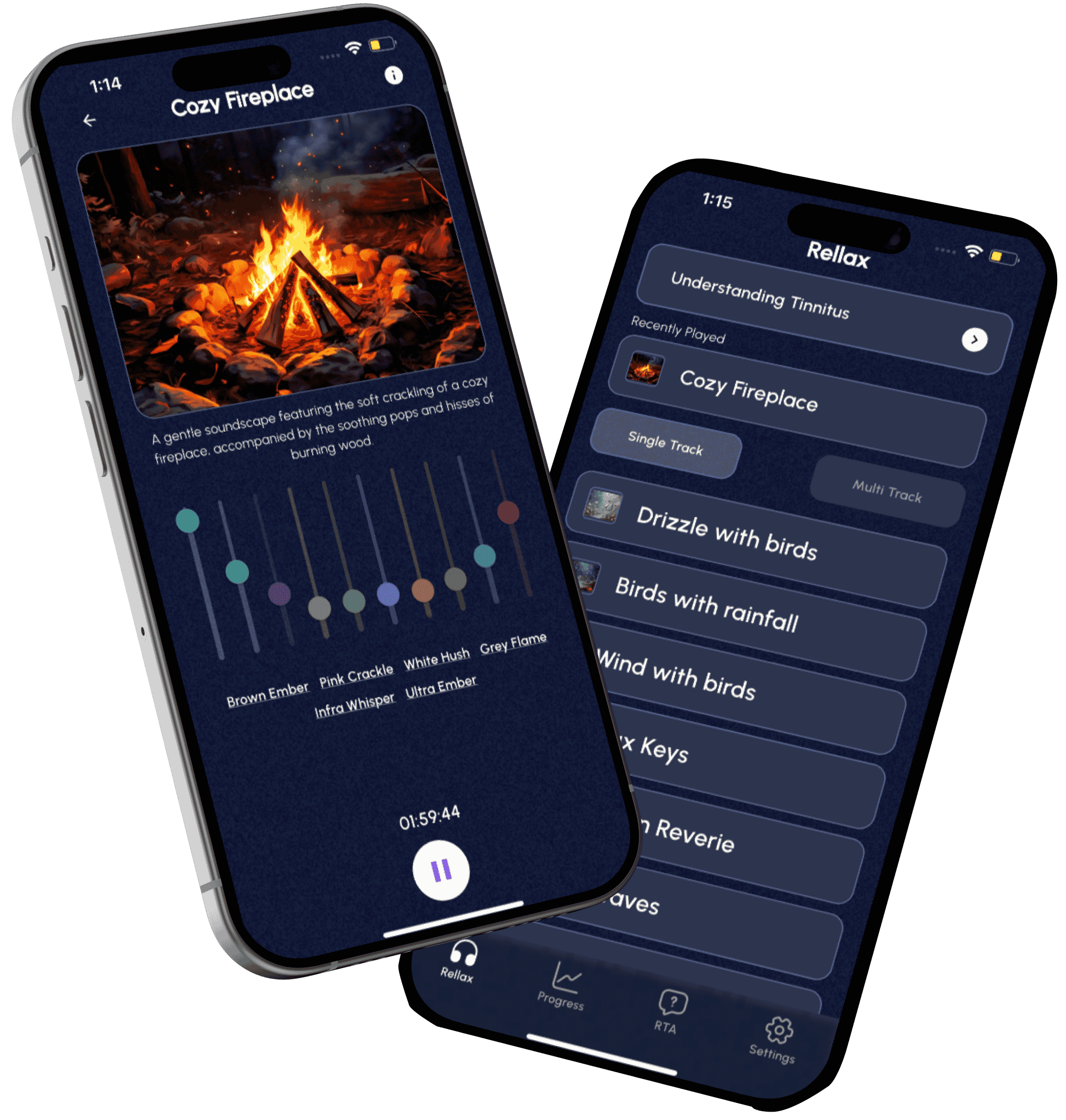
Living with tinnitus is already a challenge—the constant ringing, buzzing, or whooshing can feel like your brain won’t give you a moment of peace. But when tinnitus is joined by vertigo—those dizzy spells that make the room feel like it’s spinning—it can take things to a whole new level of discomfort and confusion. If you’ve experienced both, you’re not alone. And you’re not imagining things: tinnitus and vertigo often go hand-in-hand.
In this post, we’ll break down why that happens, what conditions might be behind it, and how sound therapy and tools like Rellax can play a role in managing your symptoms.
Why Do Tinnitus and Vertigo Often Show Up Together?
The inner ear does more than just help you hear—it’s also key to your balance. That’s why issues in this part of the ear can affect both hearing and stability at the same time.
Some common causes include:
Ménière’s Disease: A disorder of the inner ear that causes episodes of vertigo, tinnitus, hearing loss, and a feeling of fullness in the ear. These flare-ups can last minutes to hours and may be accompanied by nausea.
Vestibular Migraines: These are migraines that affect balance. Even without a headache, they can cause dizziness, sensitivity to sound, and yes—tinnitus.
Labyrinthitis and Vestibular Neuritis: These are inner ear infections that can cause vertigo and sometimes tinnitus, often following a cold or virus.
Acoustic Neuroma: A rare, non-cancerous tumor on the hearing and balance nerve that can cause tinnitus, hearing loss, and balance issues.
The Emotional Toll of Double Trouble
When tinnitus and vertigo hit together, they can amplify each other—not just physically, but emotionally too. Feeling unsteady can trigger anxiety, and that anxiety can make tinnitus worse. This loop of symptoms can be exhausting, isolating, and mentally draining.
That’s why self-care, support, and symptom tracking are so important—and it’s where Rellax comes in.
How Rellax Can Help
While Rellax was designed with tinnitus relief in mind, many of our users also experience vertigo or balance challenges. Here’s how our tools can support you:
Calming Soundscapes: Rellax offers customizable sound therapy designed to soothe tinnitus. These soundscapes may also help reduce anxiety, which can calm the nervous system and reduce vertigo triggers.
Daily Check-Ins: Tracking your symptoms helps you identify patterns—like when vertigo follows a poor night’s sleep or when tinnitus spikes after a stressful day. Awareness can empower better choices.
Mindful Moments: Our guided breathing and mindfulness features can ground you when the world feels like it’s spinning—literally or emotionally.
When to Seek Help
If your tinnitus and vertigo are new, getting worse, or affecting your quality of life, it’s important to talk to a hearing healthcare provider or neurologist. You may need hearing tests, balance assessments, or imaging to get a clearer picture of what’s going on.
You’re Not Alone
Experiencing both tinnitus and vertigo can be scary and frustrating—but there are tools, therapies, and people who can help. Whether you’re working with a specialist or just starting to explore your symptoms, Rellax is here to support you with sound therapy that fits your life.
Download Rellax to begin your sound therapy journey today—and take one more step toward better balance, calmer days, and quieter nights.
Have any question?
Do not hesitate to contact us. We’re a team of experts ready to talk to you.


